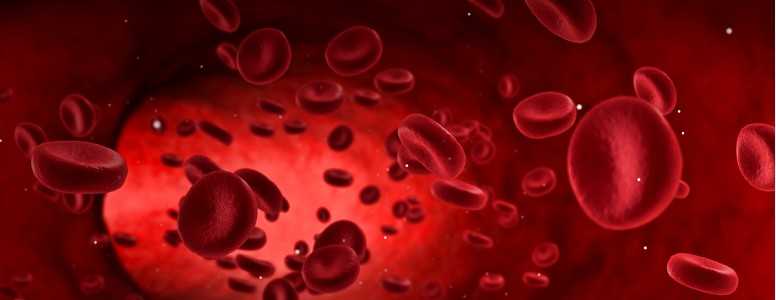Following a low carb diet reduces HbA1c more than a low fat approach in people with type 2 diabetes, according to a study by Dutch researchers.
A review of evidence by Leiden University showed that low carbohydrate diets also led to greater decreases in fasting glucose levels than low fat diets.
The conclusions, published in The American Journal of Clinical Nutrition, were made after the research team examined the results of 36 trials which compared both diets. All of the studies identified involved adults with type 2 diabetes. Low carbohydrate interventions included those with a carbohydrate intake of 40% or under of energy intake, while low fat intervention involved an intake of fat as 30% of energy or less.
The low carb approach resulted in greater HbA1c reductions than low fat diets in the short term. The researchers explained: “This analysis does not support the long-held preference for low fat diets as the default dietary intervention for T2D [type 2 diabetes]. Instead, the results suggest that, if it fits the patients’ preferences, restriction of carbohydrates may be slightly better.”
Small improvements were also observed for fasting glucose, triglycerides and HDL cholesterol in the low carb group. There was little to no between-group differences in LDL cholesterol, body weight or blood pressure.
It is worth noting that having 40% of energy coming from carbohydrate is still a relatively large intake of carbohydrate. Studies that have included a stricter reduction in carbohydrate have reported stronger improvements.
Diabetes.co.uk’s Low Carb Program has shown that the average reduction in HbA1c for people with type 2 diabetes is an impressive 1.2 mmol/mol (1.3%) decrease after one year. In addition, 40% of people who go through the program are able to reduce at least one of their medications over the same time period.
The one-year health outcomes of the Low Carb Program have been published in the Journal of Medical Internet Research this week.
What's new on the forum? ⭐️
Get our free newsletters
Stay up to date with the latest news, research and breakthroughs.


